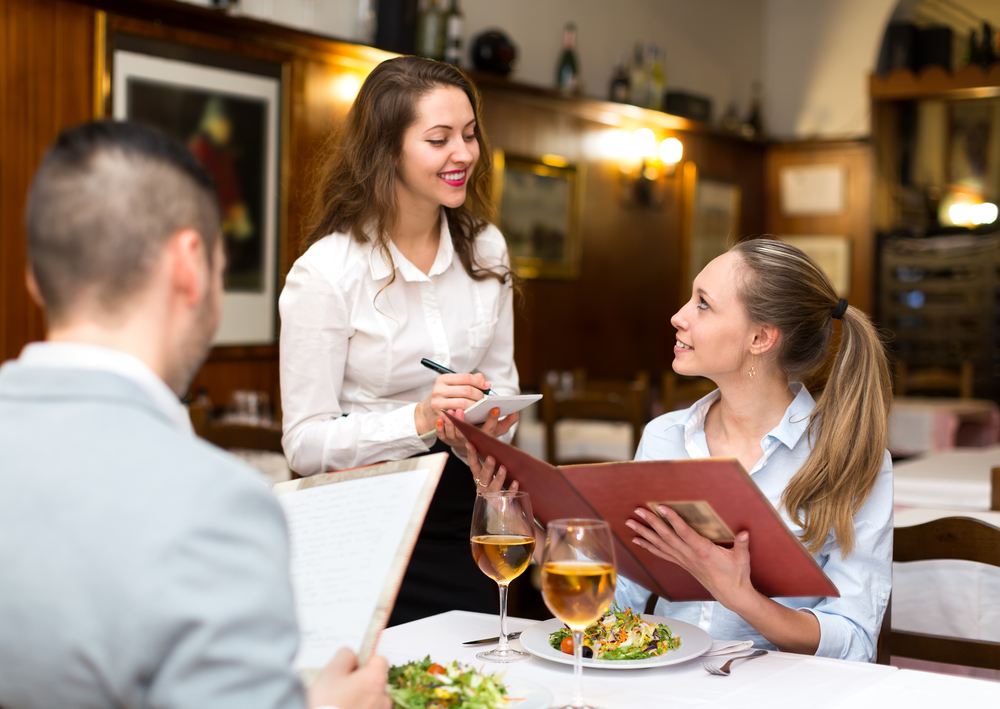
Insuring Your Restaurant: Here's What You Need to Know
Restaurants are exposed to multiple risks. Should a cook be injured in the kitchen, spoiled food makes patrons ill, or someone slips in the parking lot, an expensive liability lawsuit could follow. Buildings, equipment, and food can be damaged, resulting in large financial loss. Restaurant insurance can help establishments protect themselves from both liability and property risks like these.
There are different types of insurance for restaurants, cafes, pubs, and all similar businesses. They each offer a combination of customizable coverages.
What Are Basic Insurance Requirements for Restaurants?
All restaurants should protect themselves with some basic insurance coverages. These offer protection against common risks that virtually every dining establishment is exposed to.
General Liability Insurance
General liability insurance protects against commonplace (such as “slip and fall)” accidents where others sustain harm. Policies also often cover false advertising and slander lawsuits, although these are less frequently needed.
General liability coverage, and most liability coverages, will help pay legal costs and settlements in the event of a covered lawsuit.
Commercial Property Insurance
Commercial property insurance helps protect assets against unexpected damage, destruction or loss. Coverage can apply to buildings, build-outs of leased space, equipment, furniture, and other physical assets. Restaurants that finance or lease space and/or equipment are sometimes required to have this coverage, and most restaurants should purchase it to protect what they own.
Business Owner’s Policy
A business owner’s policy combines basic coverages, including general liability and commercial property coverages. Most include business interruption coverage, and some include other options such as commercial auto. BOPs come with discounts compared to what purchasing the policies individually would be.
Worker Compensation Insurance
Worker compensation provides compensation if employees are injured or become ill because of work. The insurance covers a portion of lost wages and associated medical bills.
Are There Other Types of Insurance for Restaurants?
While the aforementioned required coverages provide a solid foundation, they don’t protect against all risks that restaurants face. When insuring your restaurant business, consider adding these other recommended insurance types.
Business Interruption Insurance
Business interruption insurance offers compensation if your restaurant is closed for an extended time as a result of a covered incident. For example, the insurance might offer regular payments for 30, 60 or 90 days after an incident. These funds can help you continue paying bills as your restaurant rebuilds from an incident, and possibly until business picks up to its pre-incident level.
As mentioned, business interruption insurance is readily available through business owners' policies.
Spoilage Insurance
Commercial property coverage protects many assets, but it usually doesn’t protect against spoilage of perishable food. Spoilage insurance provides reimbursement for food that goes bad because of a covered cause. Covered causes typically include those that commercial property covers, but it also can include issues such as power outages.
Liquor Liability Insurance
Liquor liability insurance covers the medical and property damage costs of incidents involving drunk patrons. If a customer becomes so intoxicated that they fall, start a fight, or even cause a drunk driving accident, your restaurant could be sued for overserving. This insurance may provide protection.
Cyber Liability Insurance
Your restaurant could be held responsible if customer data is breached innocently or in a malicious attempt. Most notably, credit card information could be stolen and your establishment could be liable. As more and more purchases are made online, having protection against this risk through cyber liability is becoming increasingly important.
Employment Practices Liability Insurance
Employment practices liability insurance, or EPLI, gives help if your restaurant is sued by an employee for violating employment regulations. Wrongful termination, harassment, discrimination, and other violations are usually covered, and even lawsuits filed by interviewees who aren’t hired could be covered.
What Factors Affect the Cost of Restaurant Insurance?
The cost of insurance for a restaurant can vary significantly, as many different factors impact rates. Insurance companies look at details such as:
- Building age and construction, square footage of the restaurant, and fire/security alarms
- Projected annual sales and customers, and number of employees
- Value of inventory, equipment and technology, and equipment used
- Hours of operation, years in business, and lease requirements
- Percent of sales that are alcohol
Since premiums can vary significantly from one restaurant to another, it’s wise to compare different policy options with an independent agent before making a selection.


